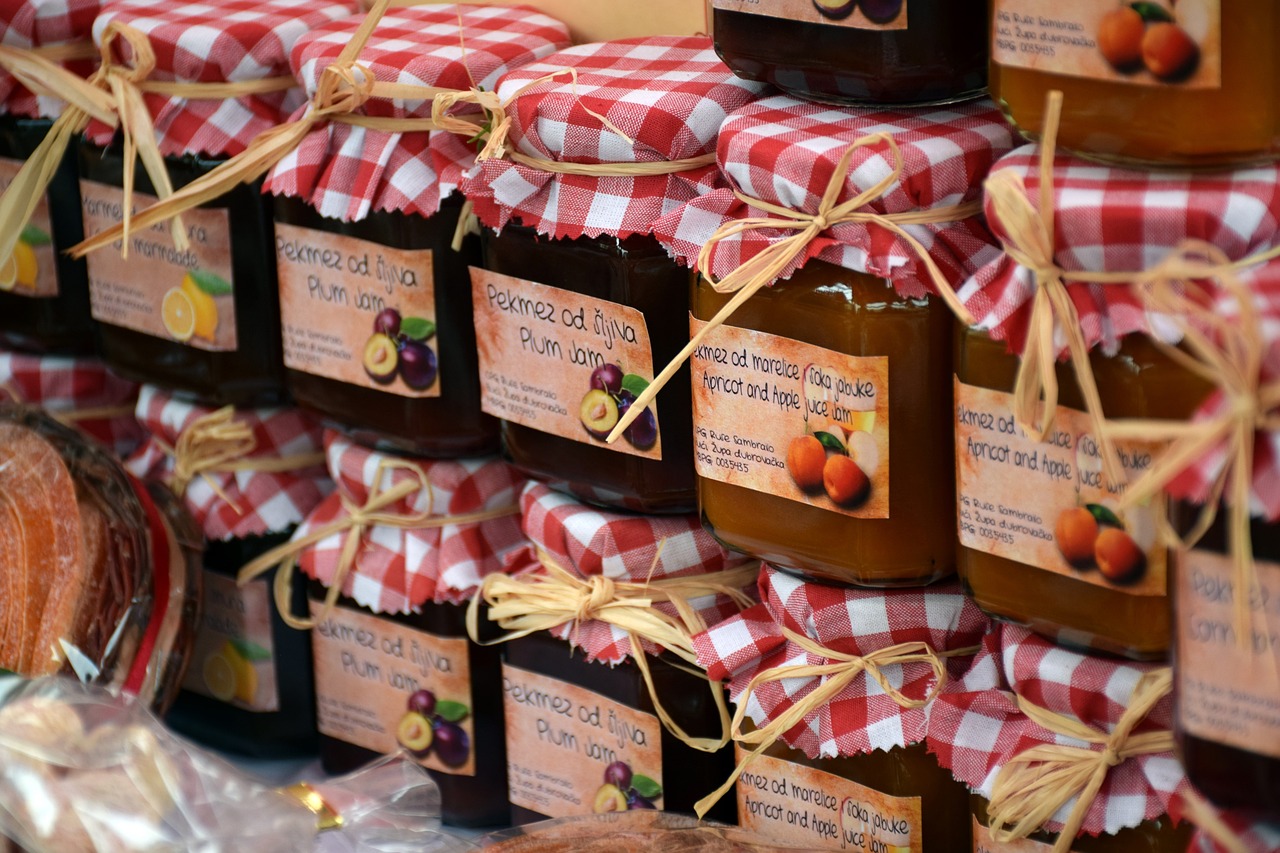Avoid Being Out of Stocks: Smart Tip to Support Your Food Business

If you own a food business, staying in stock and having the right inventory can be one of your most important tasks. It is not only essential for keeping up with customer demands but also crucial for maintaining a competitive advantage in the market.
Whether you are supplying products to supermarkets or catering services at events, it pays off to have strategies in place that ensure fast and cost-efficient replenishment processes. So if you're looking for ways to stay ahead of material shortages and make sure your customers remain satisfied - read on!
Understand your business’s food inventory needs
As a business owner, understanding your food inventory needs is crucial to maintaining a successful operation. It's not just about estimating how much of each ingredient you need on hand - it's about truly understanding the ebb and flow of your inventory. This includes everything from knowing when to order certain items based on their popularity to identifying which products sell the quickest so you can be sure to always have them in stock.
A thorough understanding of your business's food inventory needs can lead to increased profits, as well as a happier, more satisfied customer base. So take the time to analyze your inventory patterns and make the necessary adjustments.
Utilize a food manufacturing software
If you're in the food industry, you should know that software can significantly benefit your business. A great food manufacturing software for your winery or cheese business can help you streamline your production processes, reduce waste, and ensure consistency in your products. With the ability to track inventory, manage recipes, and monitor quality control, you'll have a better handle on your business operations.
Plus, the software can provide valuable insights into which products are selling best and where there may be opportunities for improvement. By leveraging the power of technology, you can take your food business to the next level and stay competitive in the marketplace.
Implement a tracking system to monitor stock levels and demand
For any food business (including wine, biscuits, and even cheese), keeping track of stock levels and demand is crucial for success. This is where implementing a tracking system can come in handy — it allows you to monitor inventory levels, ensure you never run out of stock and know which products are in high demand. By tracking this data, you can adjust your ordering and production processes and make informed decisions to maximize your profitability.
Whether you're a small start-up or an established chain, implementing a tracking system will undoubtedly give you a competitive edge in the market. So why not invest some time and effort into implementing one for your business?
Analyze ordering patterns and stocking levels over time
At the heart of any successful food business lies an intricate dance of ordering patterns and stocking levels. As a food entrepreneur, it's critical to constantly stay abreast of inventory levels and trends over time to ensure you're always in a position to meet customer demand.
Analyzing ordering patterns and stocking levels can be daunting, but it can also reveal valuable insights into which items are consistently in demand, which suppliers are the most reliable and cost-effective, and how you can optimize your ordering practices to maximize profitability.
Whether you're just starting out in the food industry or have been running your business for years, taking the time to dive into the nuances of your ordering patterns and stocking levels could be the key to unlocking sustainable success.
Take advantage of automated notifications for low stocking levels
In the food business, keeping track of your inventory can be crucial in maintaining your sales and profits. But constantly checking your stocks can be time-consuming and distracting, especially when you have a lot of other tasks on your plate. This is where automated notifications for low stocking levels step in.
Set up these notifications and receive alerts when certain items reach a predetermined level, allowing you to restock them in a timely manner. This not only saves you time but also minimizes the risk of stockouts, ensuring that you have enough products to meet the demand of your customers. Automated notifications for low stocking levels are definitely a valuable tool for any food business looking to stay on top of its inventory management.
Establish relationships with suppliers for timely restocking
As a food business owner, establishing strong relationships with your suppliers is essential to ensure timely restocking of your inventory. By creating a reliable partnership with your suppliers, you can rest assured that you'll have the supplies you need when you need them most. Not only does this help ensure that your customers won't have to deal with products that are out of stock, but it also allows you to focus on other aspects of your business without having to worry about running out of key ingredients.
Effective communication, timely payments, and a willingness to work together are all key factors in building strong relationships with your suppliers, which can pay off in the long run with more efficient, cost-effective restocking.





Loading comments...